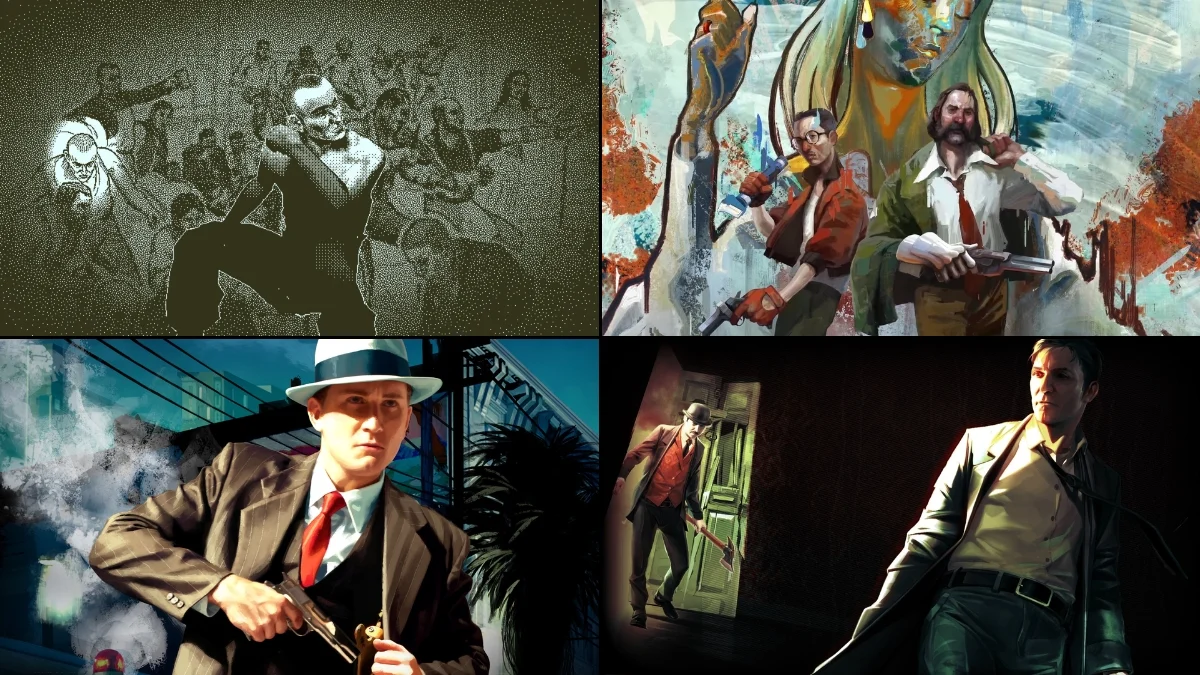
These detective games let you solve mysteries on your own, giving you the evidence and tools you need—without holding your hand. You’ll use skills like logical deduction, careful observation, and note-taking to unravel the truth, and it’s incredibly satisfying when all the pieces fall into place. Expect to examine crime scenes, analyze statements, decipher codes, and build a solid case. If you enjoy connecting the dots and proving your theories, these games are a great place to start.
Return of the Obra Dinn (2018)
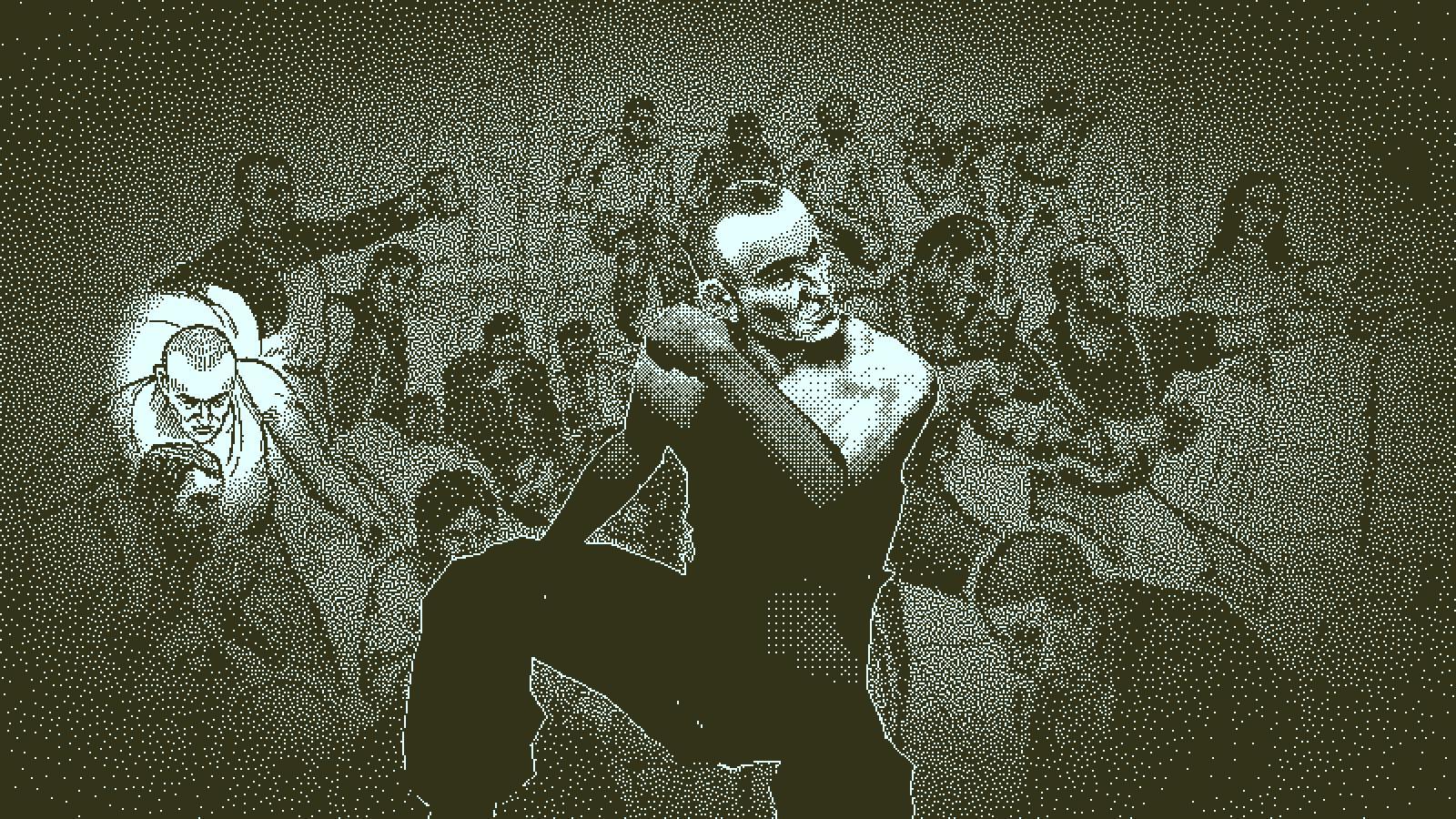
In Lucas Pope’s intriguing investigation game, you’ll uncover the stories of 60 people who vanished on an East India Company ship in 1807. Using a special pocket watch, you pause at the moment of each death and piece together clues – like accents, clothing, ship records, and personal connections. You’ll record your findings in a built-in notebook, and correctly identifying each person, how they died, and who was responsible unlocks the next piece of the puzzle. The game rewards careful thinking and deduction, not upgrades or power-ups, to reveal the full mystery.
The Case of the Golden Idol (2022)
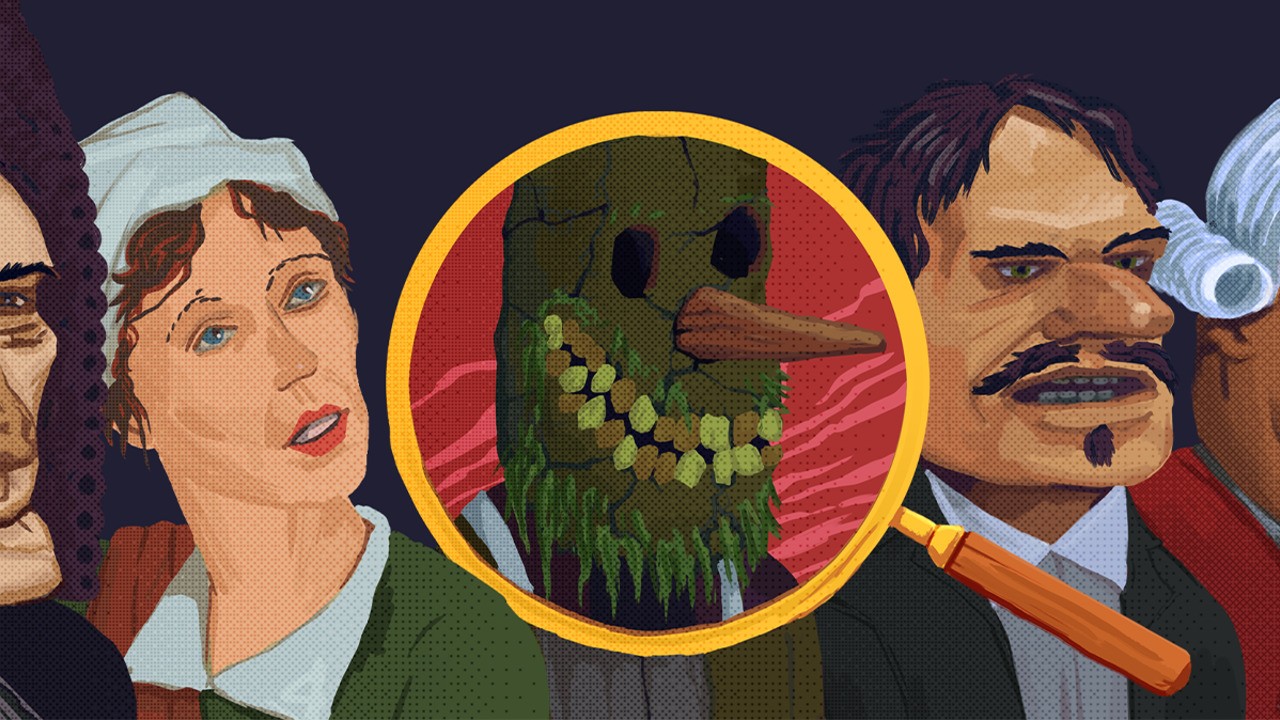
In this intriguing 18th-century mystery game, you solve murders by finding key words and filling them into sentences to reveal what happened. Each case feels like a miniature scene you can investigate, searching through letters, pictures, and records to uncover the identities of those involved, their connections, and their reasons. You can freely test your theories on a separate screen without being penalized, so experimentation is encouraged. The game unfolds over many years, and details from earlier cases reappear later, meaning your own notes and memory become essential to solving the puzzles.
Her Story (2015)
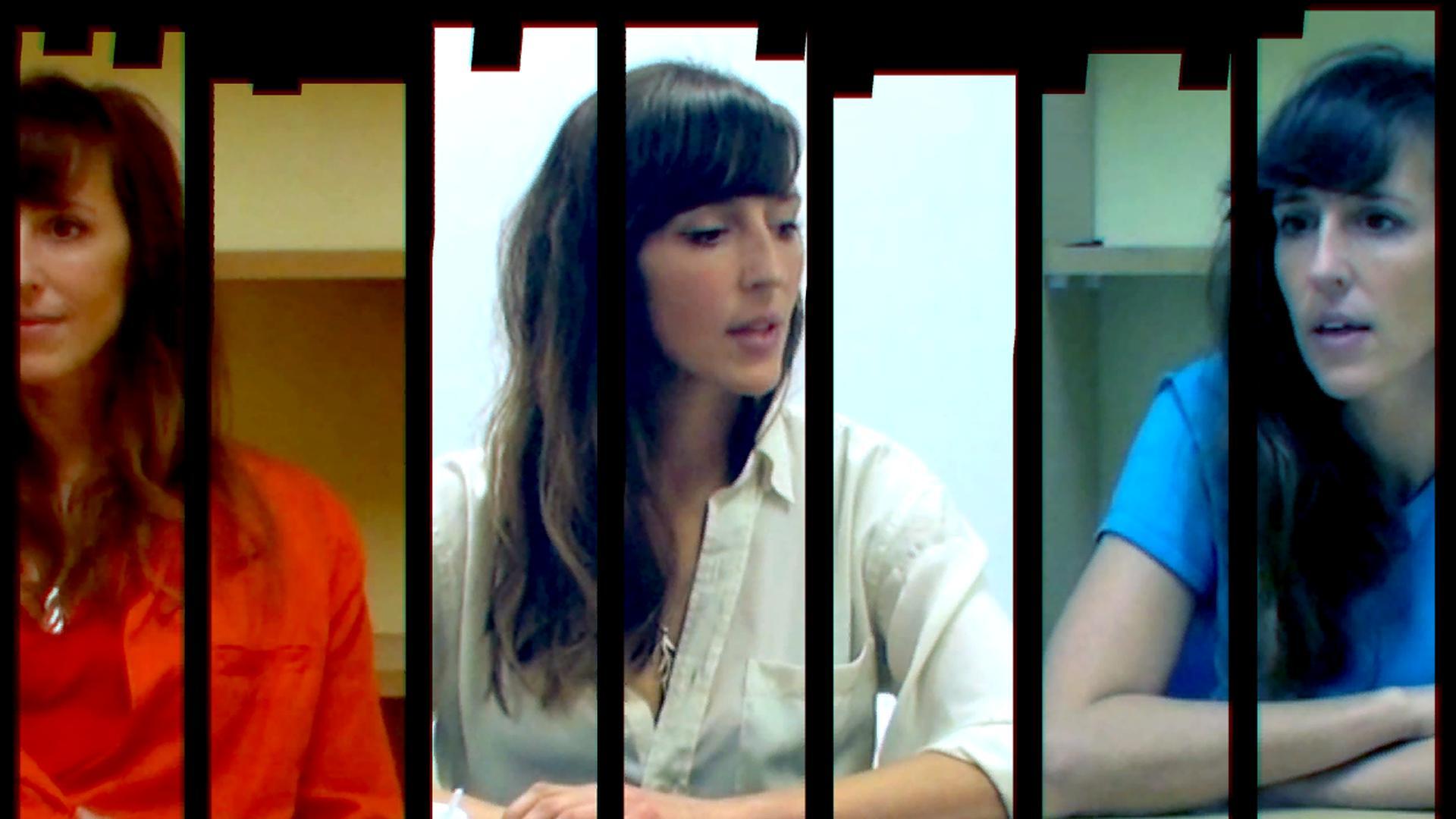
Okay, so this game is seriously different. It’s a mystery built around real-looking police interview footage, and you drive the whole investigation. Basically, you type in keywords – anything you think might be important – and the game pulls up video clips. Then, you watch those clips, grab names, places, or anything else that seems relevant, and use those as your new search terms. It’s not about following a list or having the game tell you what to do. You piece things together by choosing what clips to watch and making connections yourself. The game keeps track of what you’ve seen, so you can build your own map of the case and decide when you think you’ve cracked it.
Immortality (2022)

You solve the mystery of a missing actor by carefully reviewing footage from three unfinished films. By focusing on faces and objects that appear in multiple clips, you can quickly jump between scenes. Using the timeline and production information, you piece together the order of events and look for connections between the films and behind-the-scenes footage. Manipulating the playback speed and features reveals hidden details that change your understanding of what happened. The game saves every clip you find, building a collection of footage that serves as your evolving case file.
Paradise Killer (2020)

Explore a strange island in this open-world mystery game. You’ll investigate by collecting clues, questioning people who can’t die, and using your hacking skills – all at your own speed. A visual caseboard helps you organize your findings, and you can quickly travel around to revisit important locations. When you’re ready, head straight to court and present your evidence to support each accusation, choosing the order that makes the most sense to you. Don’t worry about making mistakes – the success of your case depends entirely on the strength of the proof you present.
The Painscreek Killings (2017)
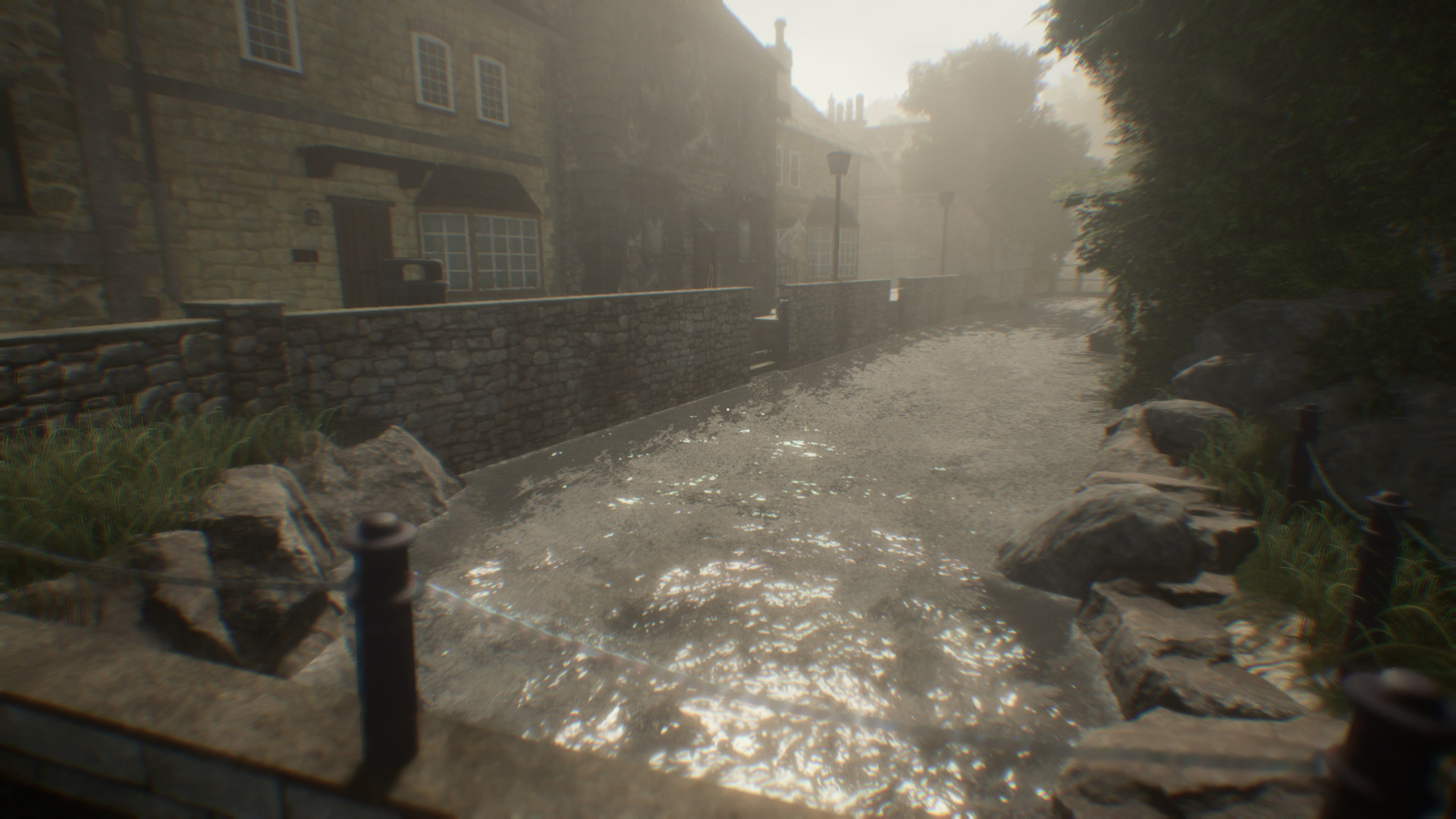
This mystery game takes place in a deserted American town. You explore houses, offices, and other buildings, uncovering diaries, codes, and keys. You’ll use a camera and notebook to keep track of everything you find, and solving puzzles often requires understanding the town’s past. The game doesn’t give you specific goals – you have to piece together the story yourself by examining documents and figuring out what happened. Be careful though: once you accuse someone, that decision is final, so make sure you have all the facts straight!
The Forgotten City (2021)
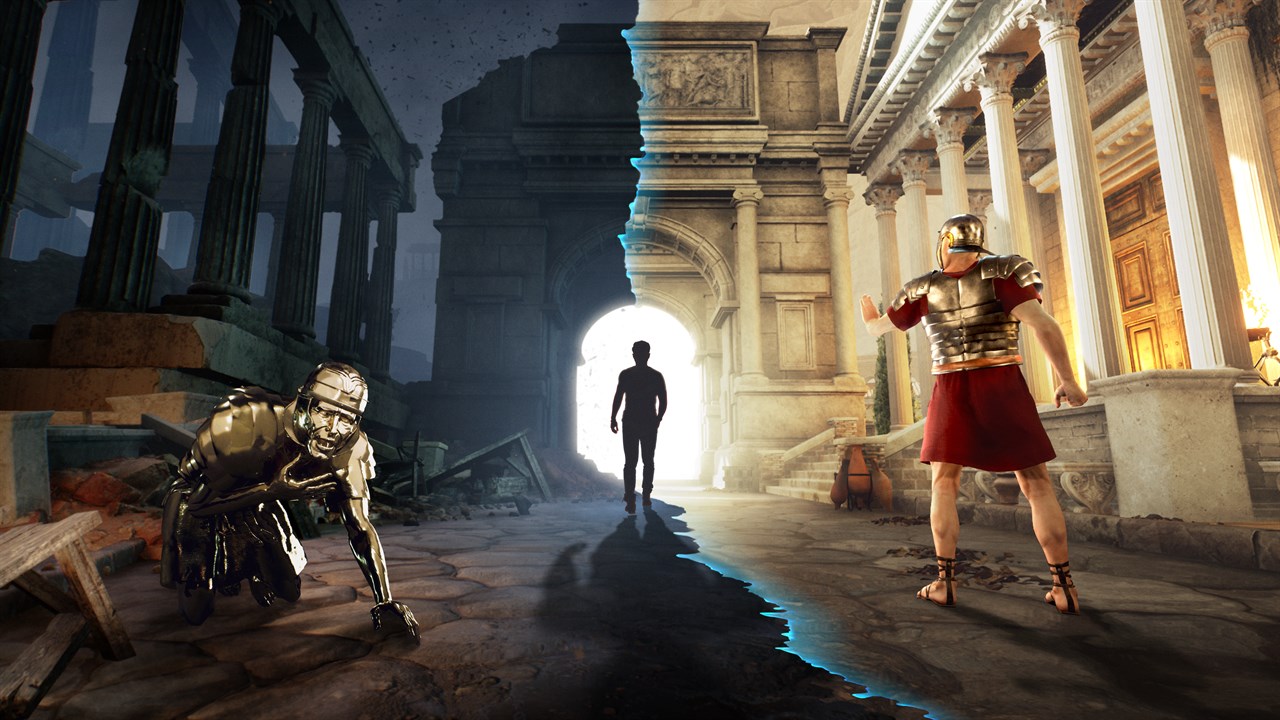
This mystery game centers around a time loop with one core rule. You can investigate clues, then repeat the day, remembering what you’ve learned and keeping important items. By carefully examining conversations, solving puzzles, and understanding how events connect, you’ll uncover who is threatening the loop and their motives. The order in which you present your findings to the town leaders determines which ending you’ll get. The game tracks your progress with a quest log, but it’s designed to guide you without giving away the answers, encouraging you to solve the mystery yourself.
Outer Wilds (2019)
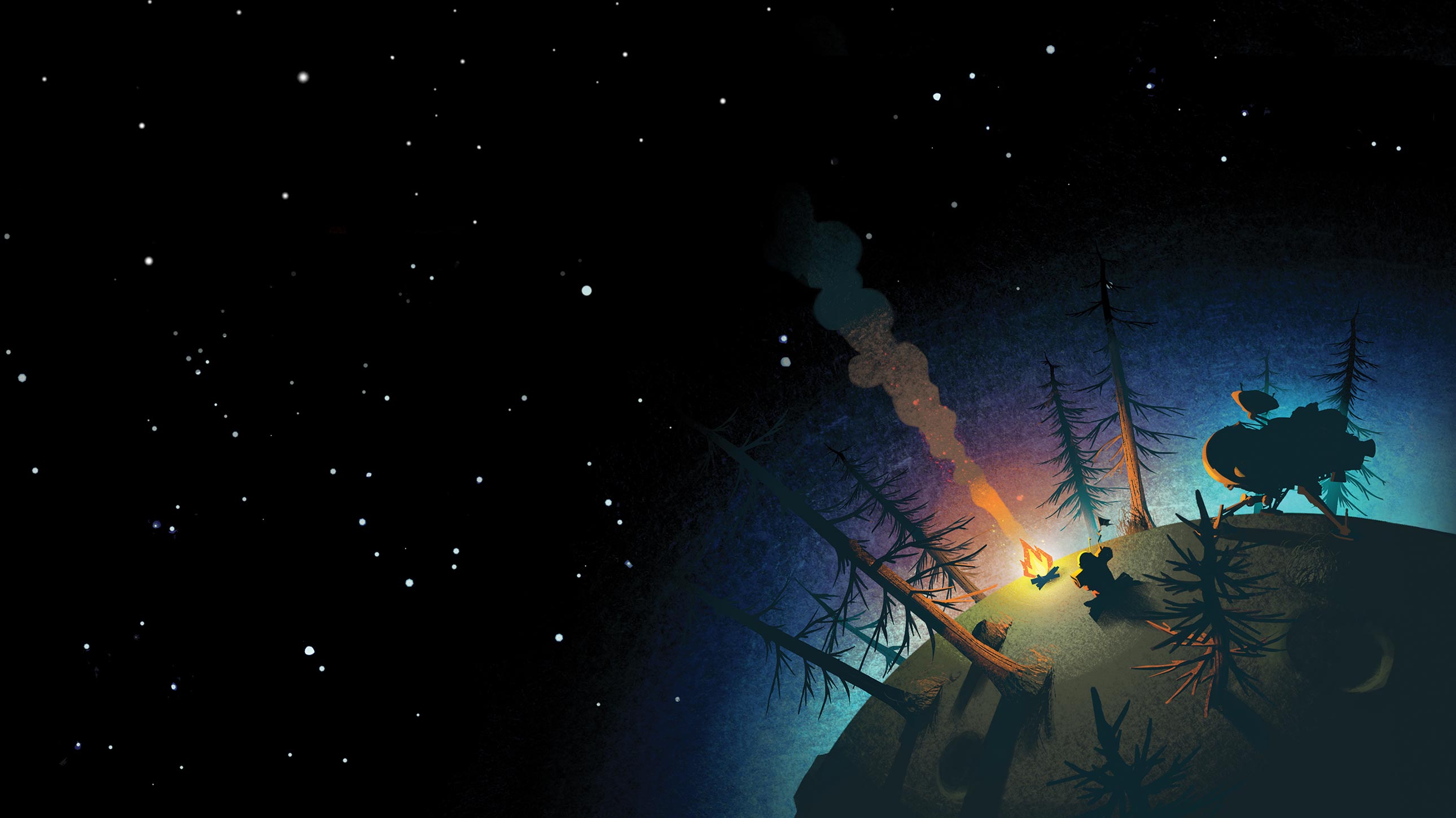
You’re caught in a 22-minute time loop as you explore an ancient, solar system-spanning archaeological site. Your ship’s log acts like a detective board, automatically connecting everything you discover into a network of clues. You’ll decipher alien writings, map dangerous areas, and return to places at precise moments to observe key events. The log doesn’t guide you – it simply records your findings, allowing you to identify what you don’t know. Progress depends entirely on understanding; once you figure something out, you can immediately use that knowledge in the next loop.
Heaven’s Vault (2019)
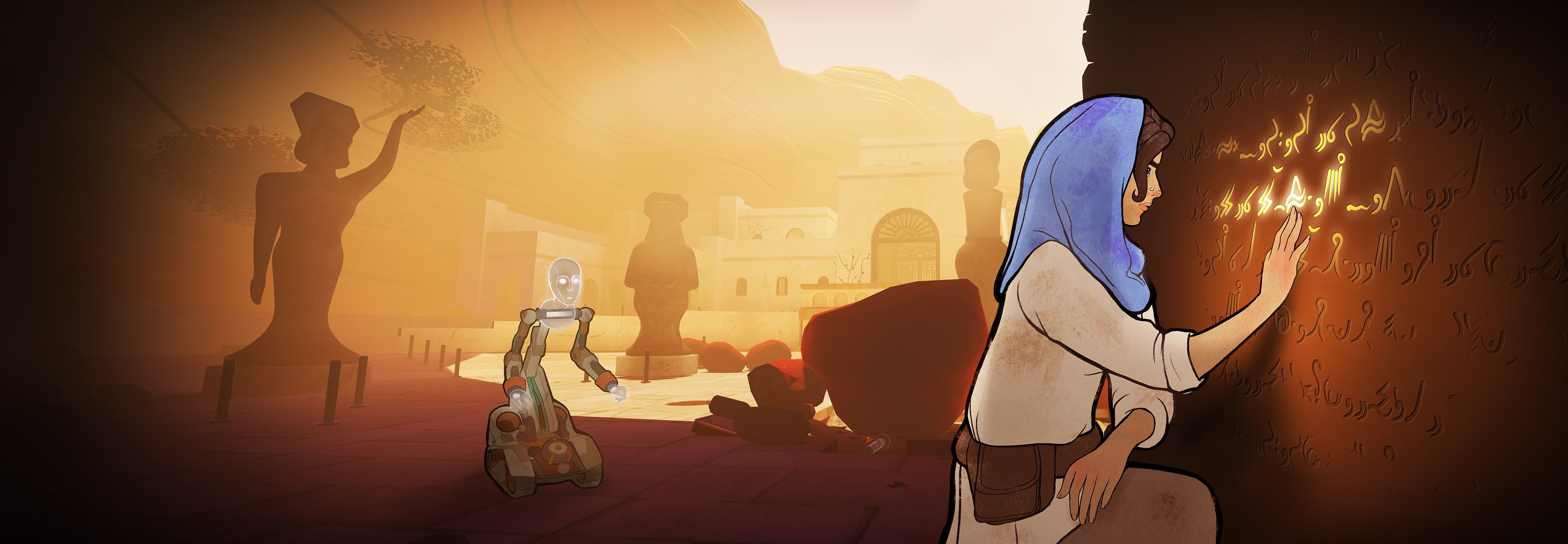
You’re an archaeologist detective solving a centuries-old mystery by translating a forgotten language of hieroglyphs. The translation process isn’t simple – the game learns from your guesses, so early interpretations affect how later ones are understood. Your choices – in conversations, where you explore, and even how you refine the translation dictionary – change the story, opening or closing off different possibilities. A special timeline helps you keep track of clues, locations, and connections, allowing you to improve your translations as you discover more evidence.
Disco Elysium (2019)
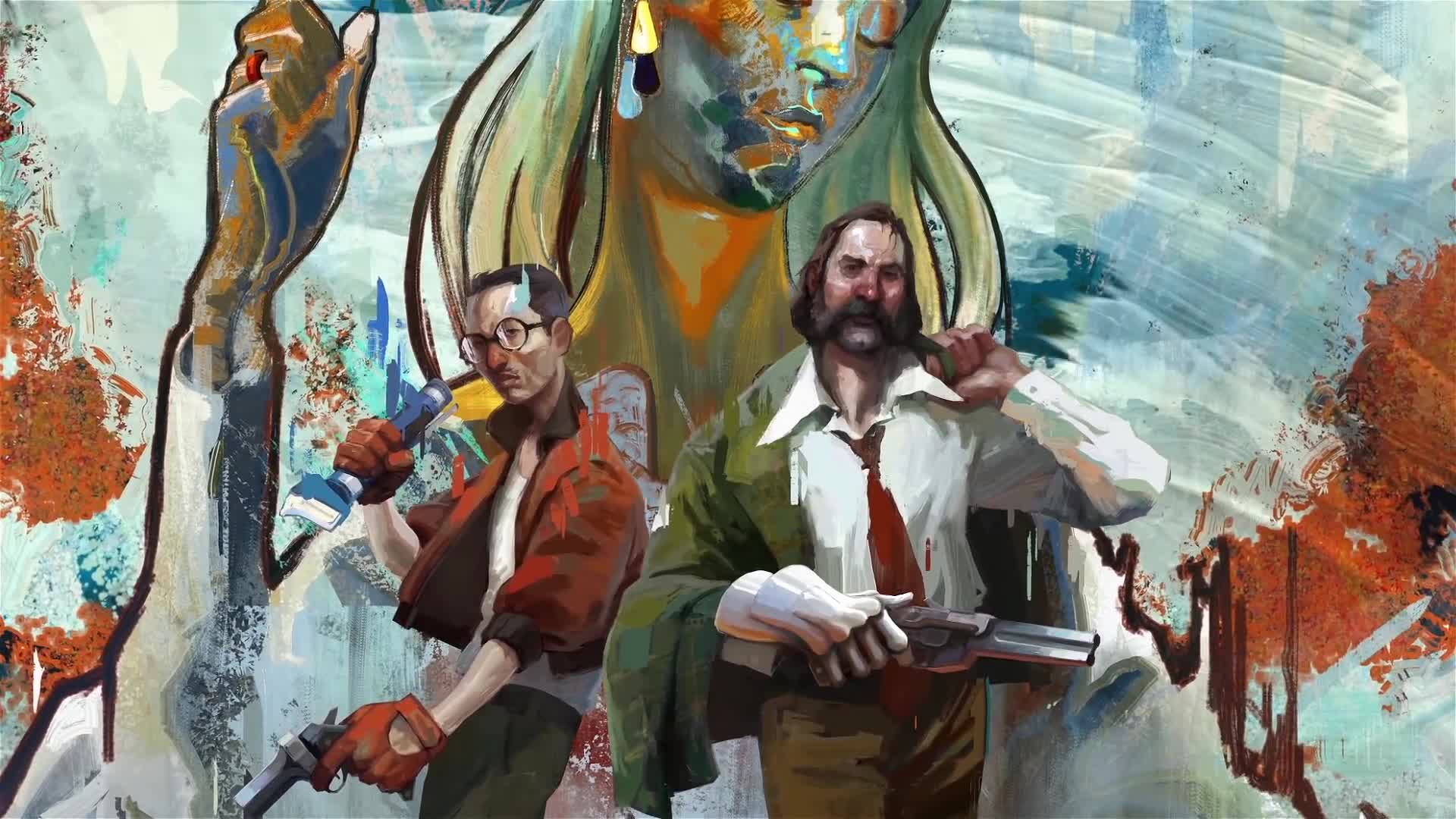
This story-driven detective game uses 24 different skills to give you clues, gut feelings, and conflicting information as you investigate. You can collect and use ideas in a ‘Thought Cabinet’ to help with your investigations and unlock new possibilities. You’ll track clues like evidence and footprints in your case notes, and sometimes you’ll need specific skills or items to progress. The game lets you solve cases in multiple ways, even reconstructing events to create different timelines.
L.A. Noire (2011)

This adventure game takes place in a detailed recreation of 1940s Los Angeles and focuses on solving crimes. You’ll investigate crime scenes, collect and organize clues, and question suspects. The game uses advanced facial capture technology to help you read suspects’ emotions and compare them to the evidence. A detailed case book keeps track of everything you find and everyone you question, letting you review information for inconsistencies. You’ll progress through a series of street crimes and earn promotions as you tackle each case, but investigations remain self-contained.
Sherlock Holmes: Crimes & Punishments (2014)
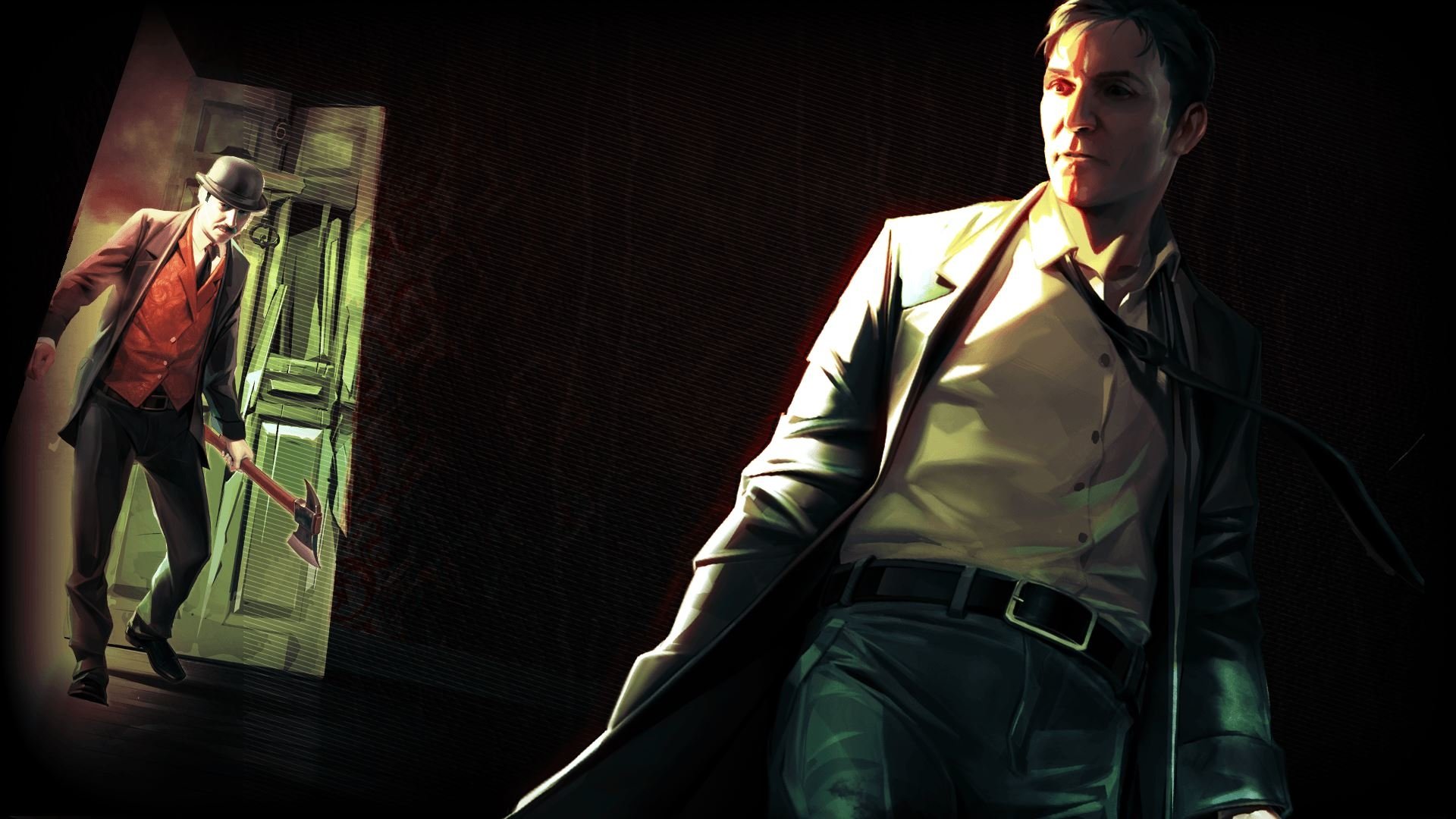
Each investigation presents a space to piece together clues, connecting them like branches to form possible conclusions – often, multiple solutions seem likely, but can’t all be true. You’ll solve cases using mini-games that involve things like chemical analysis, disguises, and comparing footprints. The game lets you decide whether to condemn or clear suspects based on your findings, and it tracks your decisions without labeling any single answer as ‘right’. Your complete reasoning is saved for each case, so you can review how you reached your conclusion.
Phoenix Wright: Ace Attorney (2001)
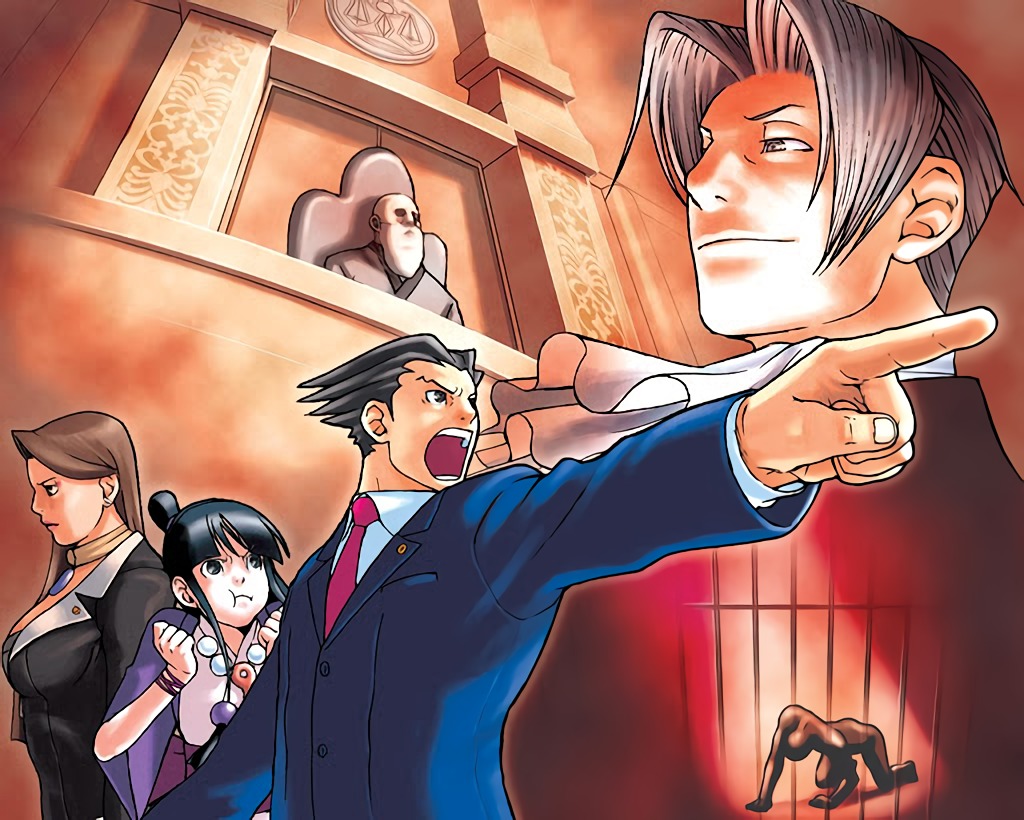
The game switches between investigating crime scenes and presenting your case in court. You’ll need to share evidence to find inconsistencies in what people say. The game keeps track of character profiles and important items, and you can always review past conversations to find the perfect moment to introduce a key piece of evidence. As you progress, you’ll gain new tools like the ability to break down a witness’s emotional state and analyze evidence scientifically, helping you understand what really happened and when. Plus, you can save your progress at any time, letting you freely try different strategies during cross-examination.
AI: The Somnium Files (2019)

The game uses both traditional investigation – gathering clues and spotting inconsistencies – and unique ‘dream dives’ where you solve puzzles against the clock to uncover hidden memories. A detailed map tracks your progress, letting you quickly revisit key moments and try different approaches. Evidence is neatly connected to character information, simplifying the process of checking alibis and building a timeline. Plus, the game guides you with environmental clues and hints during conversations, so you won’t waste time on dead ends.
Danganronpa: Trigger Happy Havoc (2010)

You investigate crime scenes, gathering clues called “Truth Bullets.” Then, during trials, you use these clues to prove statements wrong and expose contradictions. Detailed case files provide evidence like autopsy reports, weapon information, and crime scene descriptions, helping you logically narrow down the possibilities. Trials involve analyzing evidence, identifying lies, and ultimately reconstructing the crime through illustrated scenes. Each case is self-contained, with all the necessary evidence provided for you to solve the mystery.
Ghost Trick: Phantom Detective (2010)
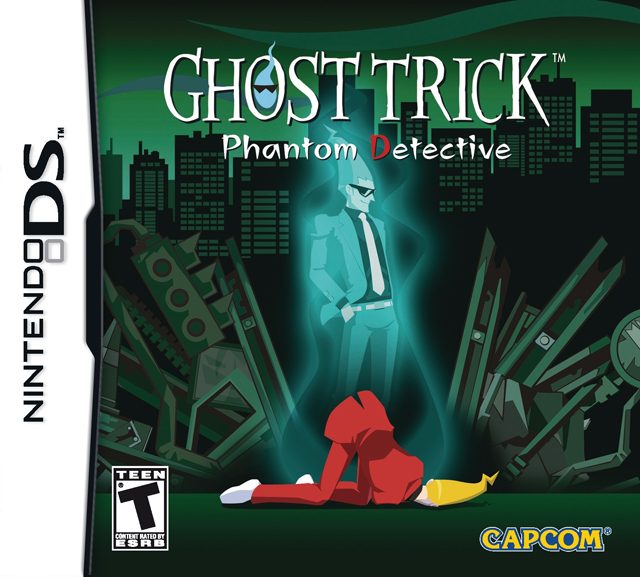
In this game, you play as a ghost who can rewind time shortly before someone dies. Your goal is to prevent the death by setting off a chain of events, like a complicated Rube Goldberg machine. You’ll use a timeline to see what happened and try different approaches to figure out how the death occurred. You investigate by examining character details – their relationships and where they’ve been – and connecting clues through phone lines. This updated version is available on modern platforms but keeps the original puzzles and story intact.
Professor Layton and the Curious Village (2007)
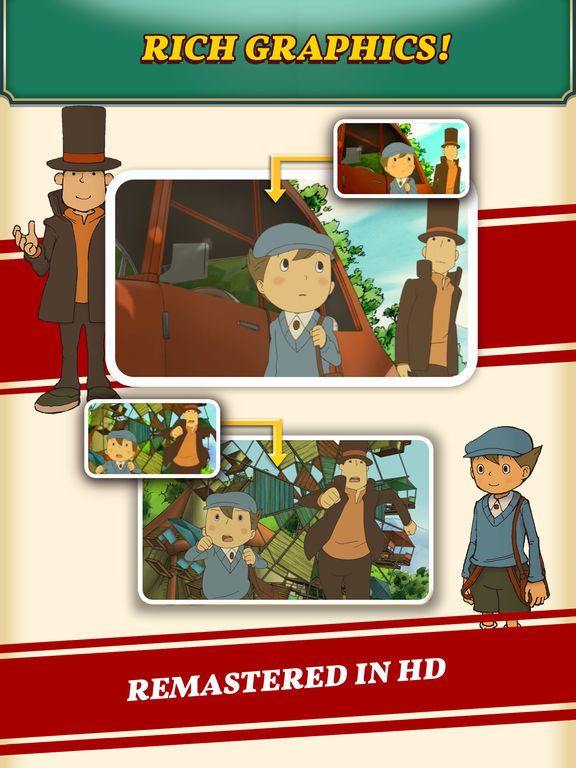
This game blends a central mystery with many separate logic puzzles, codes, and riddles hidden within the town and its objects. If you get stuck, hint coins offer helpful clues without giving away the answers, so you still feel clever when you solve things yourself. You can keep track of your progress in a journal, and a puzzle list lets you easily return to any challenges you haven’t finished. Even after you’ve completed the main story, there are extra puzzles and content to keep the investigation going.
The Vanishing of Ethan Carter (2014)
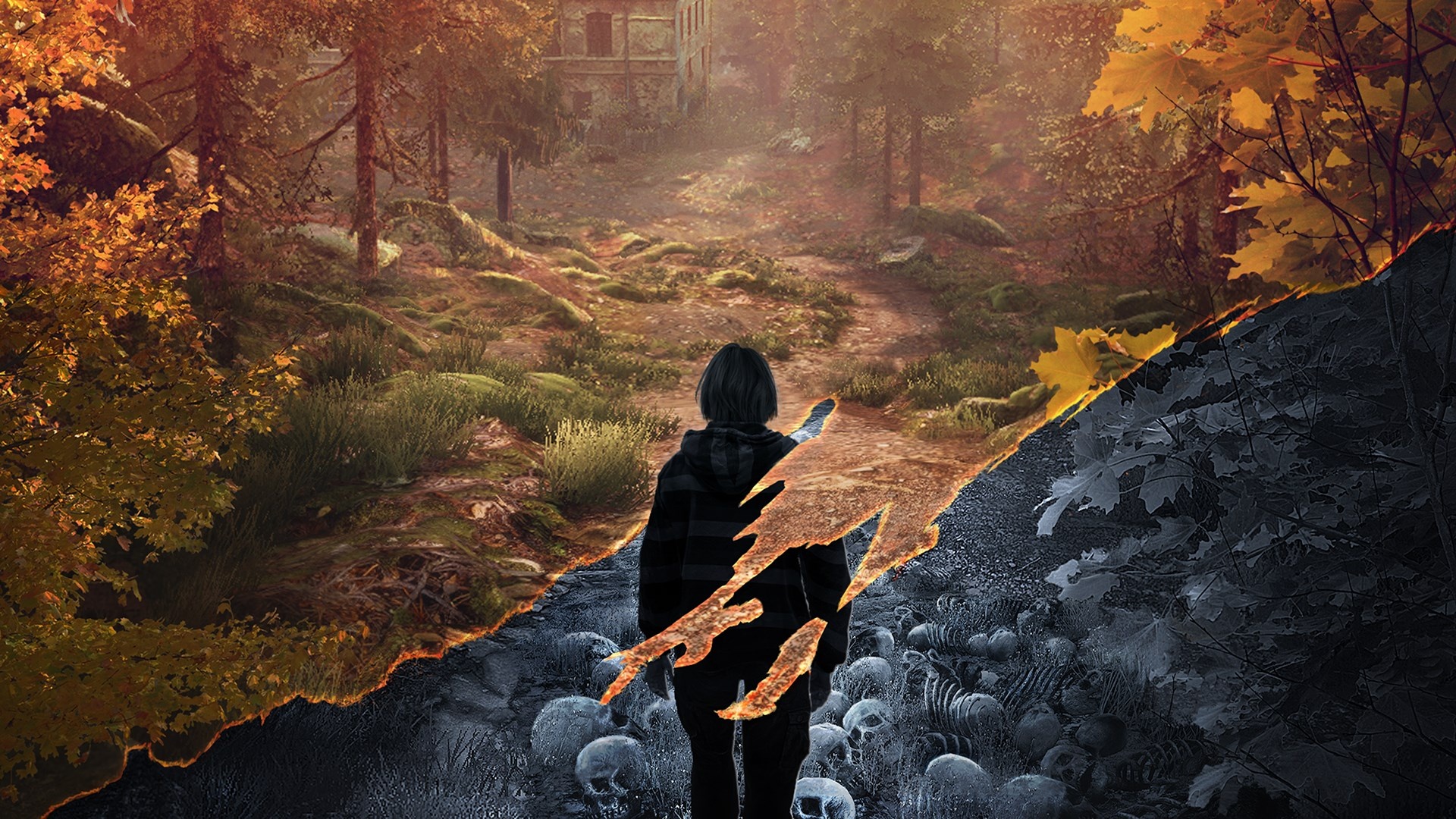
You’re a paranormal investigator solving crimes by piecing together events. You use ‘Sense’ projections – like ghostly replays – and have to arrange them in the right order. Each reconstruction is grounded in real-world clues you find at the scene, like bloodstains, objects, and pieces of writing. The game keeps the interface simple, so you’ll rely on your notes and memory to move forward. Successfully assembling the scenes unlocks the final solution to the case.
Overboard! (2021)

This game is a unique mystery where you commit the crime first. Set on a 1930s ocean liner, you have one morning to create a perfect alibi. The game features a small map and predictable character schedules, allowing you to carefully plan distractions, hide clues, and manipulate rumors. You can track your progress and experiment with different approaches to ensure a successful getaway. Instead of solving a mystery, you’re actually controlling how the investigation unfolds through your choices and where you place items.
Chinatown Detective Agency (2022)

This game lets you solve mysteries like a detective traveling the world. You’ll need to research real information – things like quotes, stamps, and train schedules – to help your clients. Managing your time and money is key, as you decide where to travel from Singapore and which clues to follow first. You’ll keep track of suspects, places, and decoded messages on clue boards and in case files. As you improve your detective agency with upgrades and new staff, you can take on bigger, more complex investigations.
Pentiment (2022)
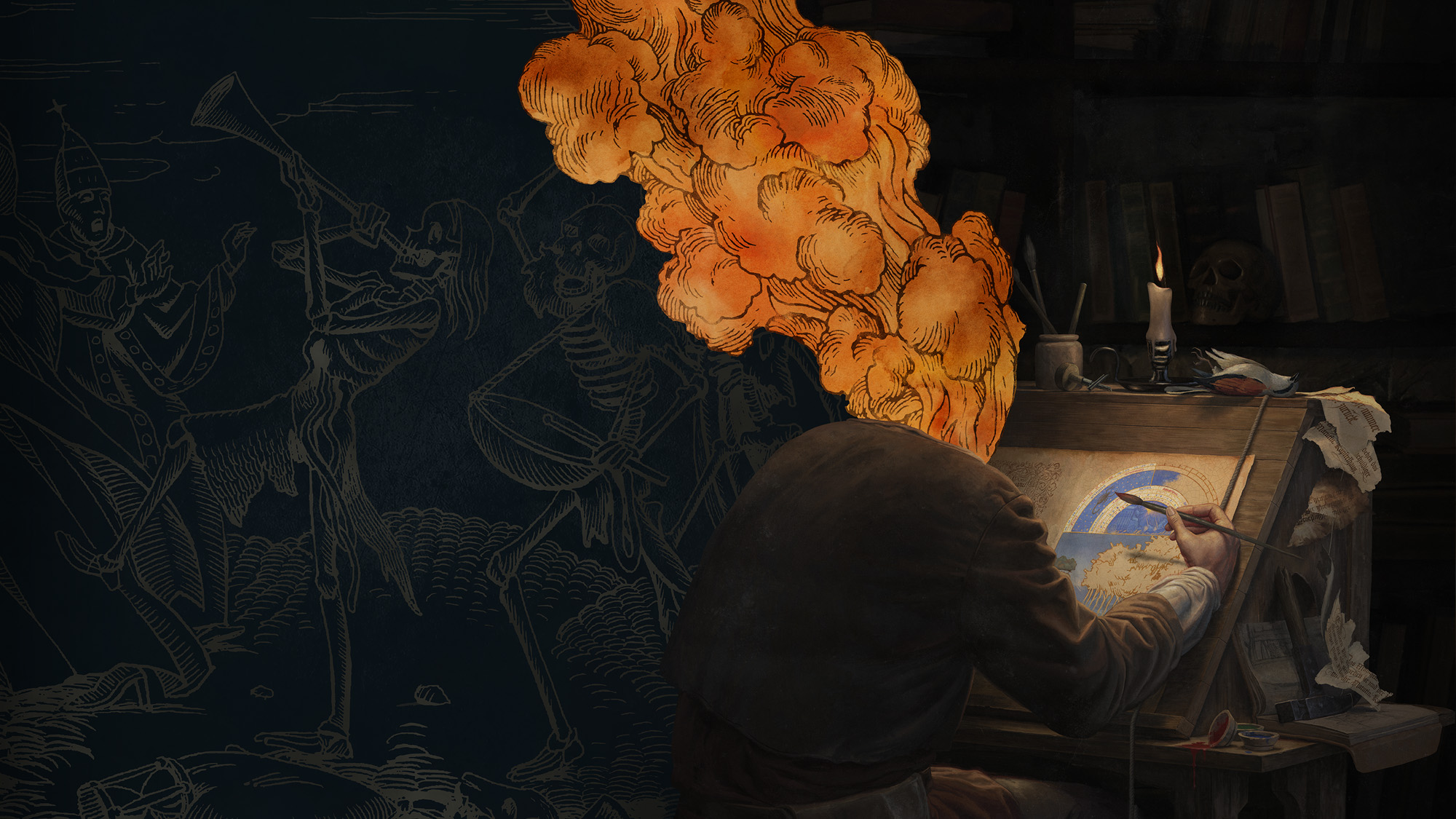
This game takes place in 16th-century Bavaria and puts you in charge of solving a murder that unfolds over several years. Your progress depends on your character’s background – specifically, their education in areas like theology, law, or languages – which opens up different avenues of investigation. You’ll need to manage your time and build relationships with people to get information, and you’ll keep track of clues in a growing collection of notes, handwritten annotations, and historical documents.
Share your favorite detective games—and the clever mechanics that hooked you—in the comments!
Read More
- 2025 Crypto Wallets: Secure, Smart, and Surprisingly Simple!
- Gold Rate Forecast
- Brown Dust 2 Mirror Wars (PvP) Tier List – July 2025
- Banks & Shadows: A 2026 Outlook
- Gemini’s Execs Vanish Like Ghosts-Crypto’s Latest Drama!
- ETH PREDICTION. ETH cryptocurrency
- HSR 3.7 story ending explained: What happened to the Chrysos Heirs?
- The 10 Most Beautiful Women in the World for 2026, According to the Golden Ratio
- 39th Developer Notes: 2.5th Anniversary Update
- HSR Fate/stay night — best team comps and bond synergies
2025-11-12 20:47